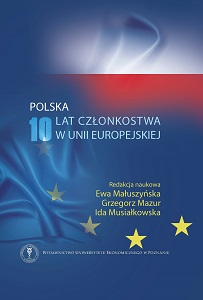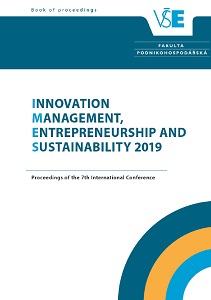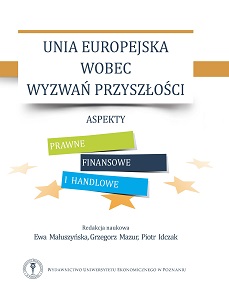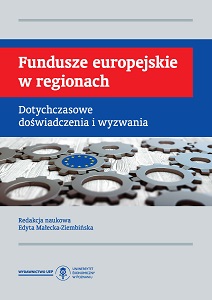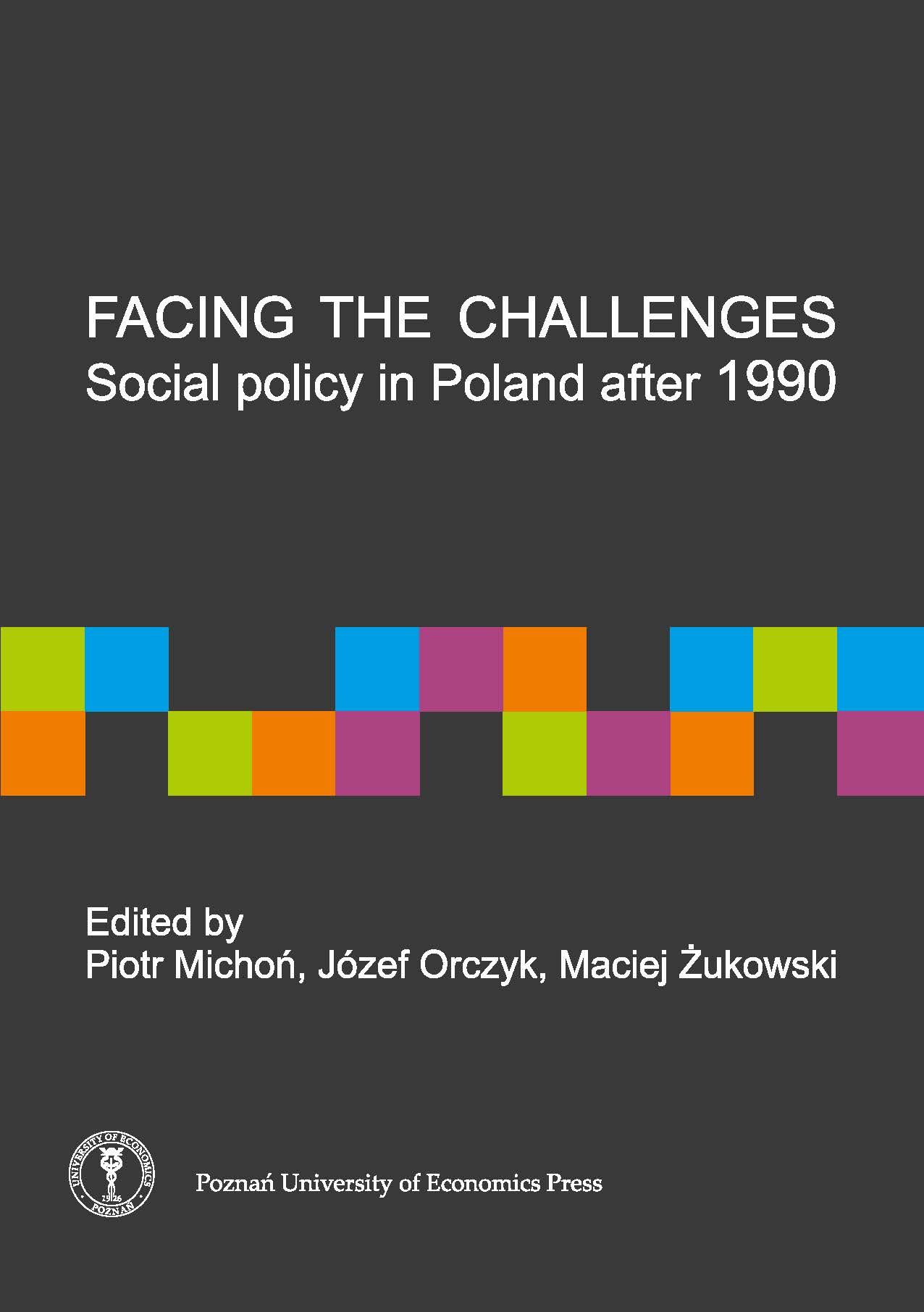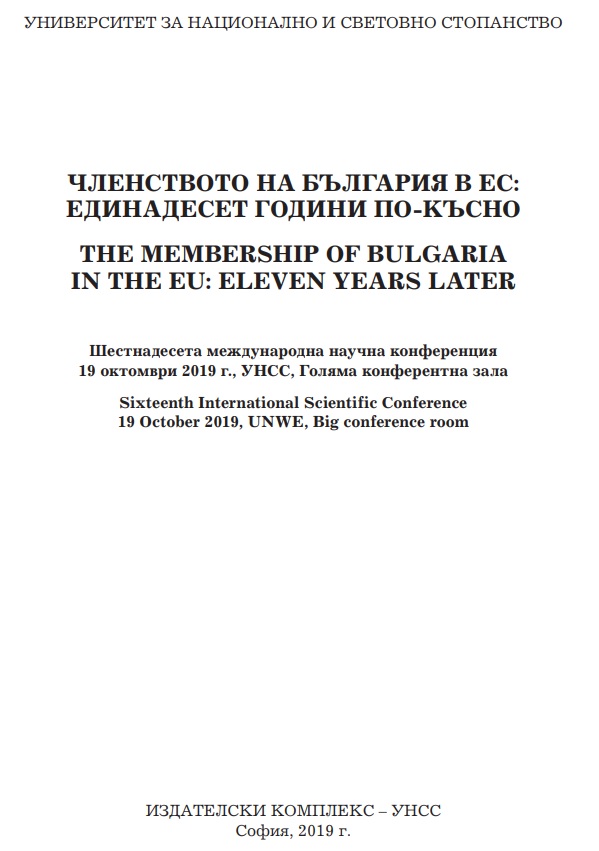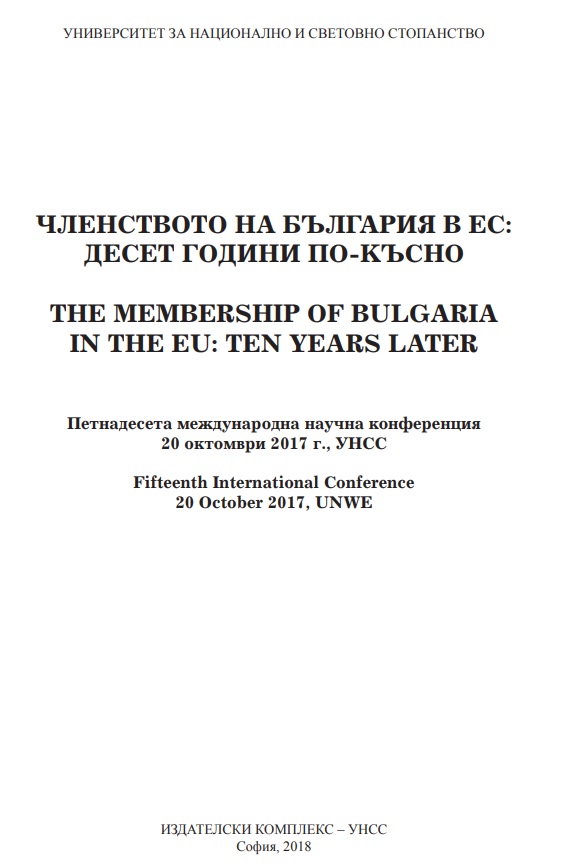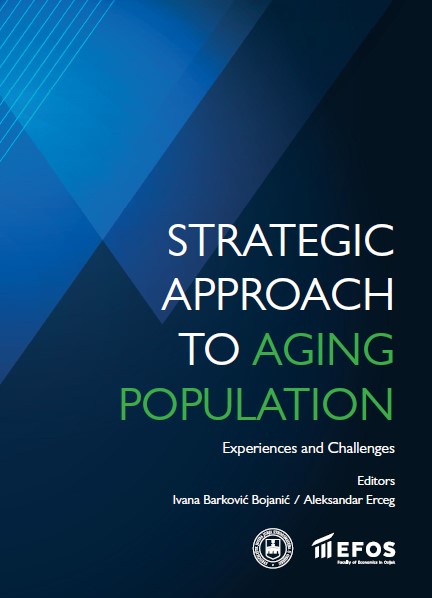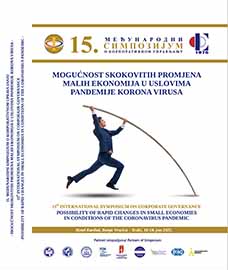Author(s): Dragan Đuričin,Iva Vuksanović Herceg / Language(s): Serbian
Publication Year: 0
Since 2020 the modern world has been witnessing a complex crisis, which is essentially a medical crisis (the COVID-19 pandemic) within a structural economic crisis. In addition to the current nexus of risk stressors, such as anthropogenic climate crisis, biodiversity loss, financialization and income inequality, all global and cross-cutting by their very nature, in the last period biorisk has been growing dramatically. The COVID-19 pandemic is a devastating and tragic moment which is rapidly becoming a matter of primary public concern. Social distancing, as the most effective anti-pandemic measure, has pushed the economy into sleep mode. Hibernation provokes a truly systemic economic downturn. The current crisis is particularly deepening structural imbalances of the neoliberal model of capitalism. Core policies responses, such as liquidity infusion and fiscal stimulus, are massive and permanent. Increasing moral hazard and irrational exuberance, such policies are destroying capital markets,as a brain of the market economy. But every crisis is also a chance to change. By tackling the neoliberal capitalism’ fault lines in a more effective way, it may actually accelerate the pace to the future we had in mind. A quick restart (or recovery) of the economy and a later rebound require systemic and concerted action in order to mitigate the negative effects of both medical and economic crisis. In managing a complex crisis such as this one, guided by the vision o fa sustainable, inclusive and prosperous economy, governments all around the world should take radical reform steps. It means, at least, two things at once. First, dealing with the pandemic as a macroeconomic variable. Second, implementing core economic policies (monetary and fiscal) in a structural way. To do so, the transition from shareholder capitalism to stakeholder capitalism is imminent. An emerging system will combine two institutional choices,the “visible hand” of state (impact investments based on structural or industrial policies)and the “invisible hand” of market forces. It’s time to give the government a stronger voice in the economy. To create value instead of redistributing value, the major part of impact investments will be in circular and regenerative economy, health care, infrastructure (physical and conceptual), science, and education. The objective of this paper is twofold. First, to fill the present conceptual vacuum created by the neoliberal doctrine economics rules with the aim of identifying key components of Serbia’s economy revival based on its macroeconomic specifics and catalytic impact of new economics rules during and after the COVID-19 pandemic.Second, to highlight the relevance of key components of stakeholder capitalism, including the regenerative and circular model of growth and heterodox economic policy platform for the Great Reset, or recovery and rebound respectively.
More...
